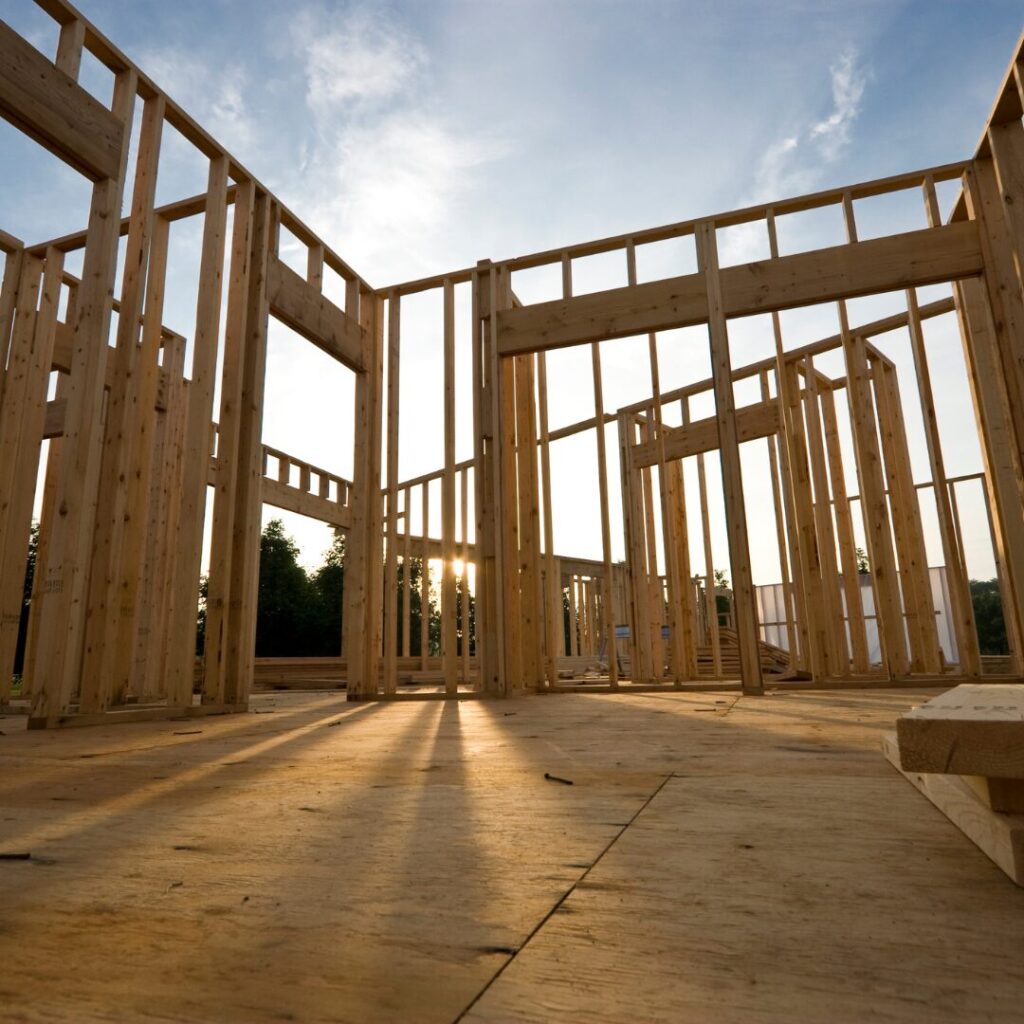Construction Loan
Highlights of the
Construction Loan
(1) Only pay interest on what’s drawn from the loan during the building phase. (2) Delayed full payments until completion. (3) Flexibility with loan option saving you time and money on closing costs

Eligibility
Here are some of the eligibility requirements for the Construction Loan program. Select ‘Get Started’ to check if you’ll be a good fit.
Most lenders prefer a credit score of 680 or higher, though some may require a score of 700+ for better terms.
Construction loans usually require a 20-25% down payment due to the higher risk involved. Some lenders may allow a lower down payment with strong financials.
Lenders will need a blueprint, timeline, and cost breakdown from a licensed builder or contractor to ensure the project is realistic and within budget.
You’ll need to work with a licensed and insured builder that the lender approves. Some lenders may allow owner-builders but with stricter guidelines.
Lenders will assess your debt-to-income (DTI) ratio (usually below 45%) to ensure you can afford both the construction phase and the final mortgage payments.
An as-completed appraisal will estimate the future value of the home to ensure it meets the lender’s standards.
Common Questions
How does a construction loan work?
A construction loan provides funds in stages or “draws” as the home is built. You’ll pay interest only during construction, and once the home is complete, the loan converts to a traditional mortgage.
How long do I have to complete the construction?
Typically, lenders allow 12 to 18 months to complete the construction. Extensions may be available but could incur additional fees.
Can I use a construction loan to renovate an existing home?
Yes! Some construction loans, like a renovation loan or FHA 203(k), allow you to finance major renovations or repairs.
What happens after construction is complete?
The construction loan either converts to a permanent mortgage (construction-to-permanent loan) or you’ll need to apply for a new mortgage to pay off the loan.
Can I act as my own builder?
Some lenders allow owner-builders, but they typically have stricter requirements, including proof of experience and additional reserves.
Other Info
Loan Interest Rates May Be Higher
Construction loans typically have higher interest rates than traditional mortgages because they’re considered riskier. The rate is usually variable during the construction phase but can convert to a fixed rate once the home is complete.
Inspections and Draw Schedules Are Required
Lenders release funds in stages or draws based on completed work. A home inspection is usually required at each phase before additional funds are released.
Potential for Delays or Cost Overruns
Construction projects can sometimes face unexpected delays or increased costs. It’s wise to have a contingency fund of at least 10-15% of the total budget to cover surprises.
Interest-Only Payments During Construction
You’ll only pay interest on the amount drawn during the building phase, but once construction is complete, payments will switch to full principal and interest.
Land Can Be Included in the Loan
If you don’t already own the land, some construction loans allow you to finance the land purchase as part of the loan.
Contingency Plan for Completion
If construction is delayed beyond the approved timeline, you may need to request an extension or refinance into another loan.
